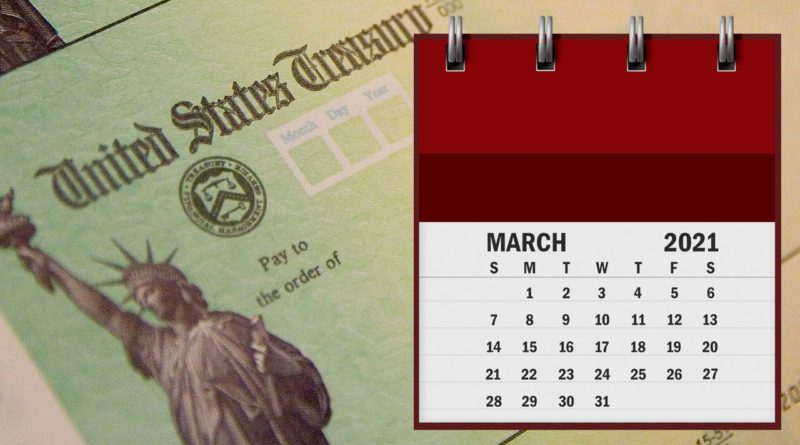COVID-19 relief bill passes: what’s next? | WJHL
(WJHL) – The House of Representatives passed the American Rescue Plan Act Wednesday that will mean $1,400 stimulus checks for most Americans.
The House bill passed by a narrow 220-211 vote.
Based on the last round of stimulus checks, according to the Treasury Department, it’s likely funds could go out in a matter of days. President Joe Biden is expected to sign the legislation on Friday.
The $1.9 trillion COVID-19 relief package will provide direct payment of $1,400 for a single taxpayer, or $2,800 for a married couple that files jointly, plus $1,400 per dependent. Individuals earning up to $75,000 would get the full amount, as would married couples with incomes up to $150,000. The size of the check would shrink for those making slightly more, with a hard cut-off at $80,000 for individuals and $160,000 for married couples.
Rep. Diana Harshbarger (R) voted against the measure Wednesday.
“The checks that people will get – the $1,400 – that will come in handy for those people who do need it, other than that, we’re being penalized. We’re giving money away that we really don’t have in the Treasury, so it’s going to effect my son and my grandkids on down the road,” Harshbarger said.
The vote in the House of Representatives advanced benefits for most parents and an additional boost for those who pay out of pocket for childcare in order to work.
Parents of children 16 or younger are already able to reduce their federal income tax by as much as $2,000 per child. But that number – and the age cap – could grow.
That base benefit is set to grow to $3,000, and parents of children under the age of 6 will be eligible for $3,600 credits.
Virginia Sen. Tim Kaine (D) applauded the passing of the relief bill Wednesday on the Senate floor.
“There’s so much in this bill for the residents of red states, blue states, in-between states, every zip code in the United States, every family in the United States will see some impact, that they can see, touch and feel. It’s not often that you pass a bill that you can say this about it – that the tangible results to virtually every American will be seen so quickly,” Kaine said.
Milligan University Professor of Economics David Campbell told News Channel 11’s Bianca Marais that a stimulus package this large could be beneficial in the short term, but have repercussions later on
“I think it’s going to do a lot of good for the people who need it right now, but it’s also going to create a lot of issues down the road. One of the problems with borrowing and spending so much money, if you want to think of it this way, is that the people who are going to be paying it back in the future don’t have a vote today,” Campbell said.
Another benefit added to the stimulus package is unemployment insurance. A payment of $300 federal unemployment benefits will last through September instead of what was originally listed as March 14.
Funds going toward COVID-19 vaccines and testing, as well as funds for K-12 schooling, are included in the bill. Along with monies allocated for states and local municipalities, and industries struggling due to the pandemic.





